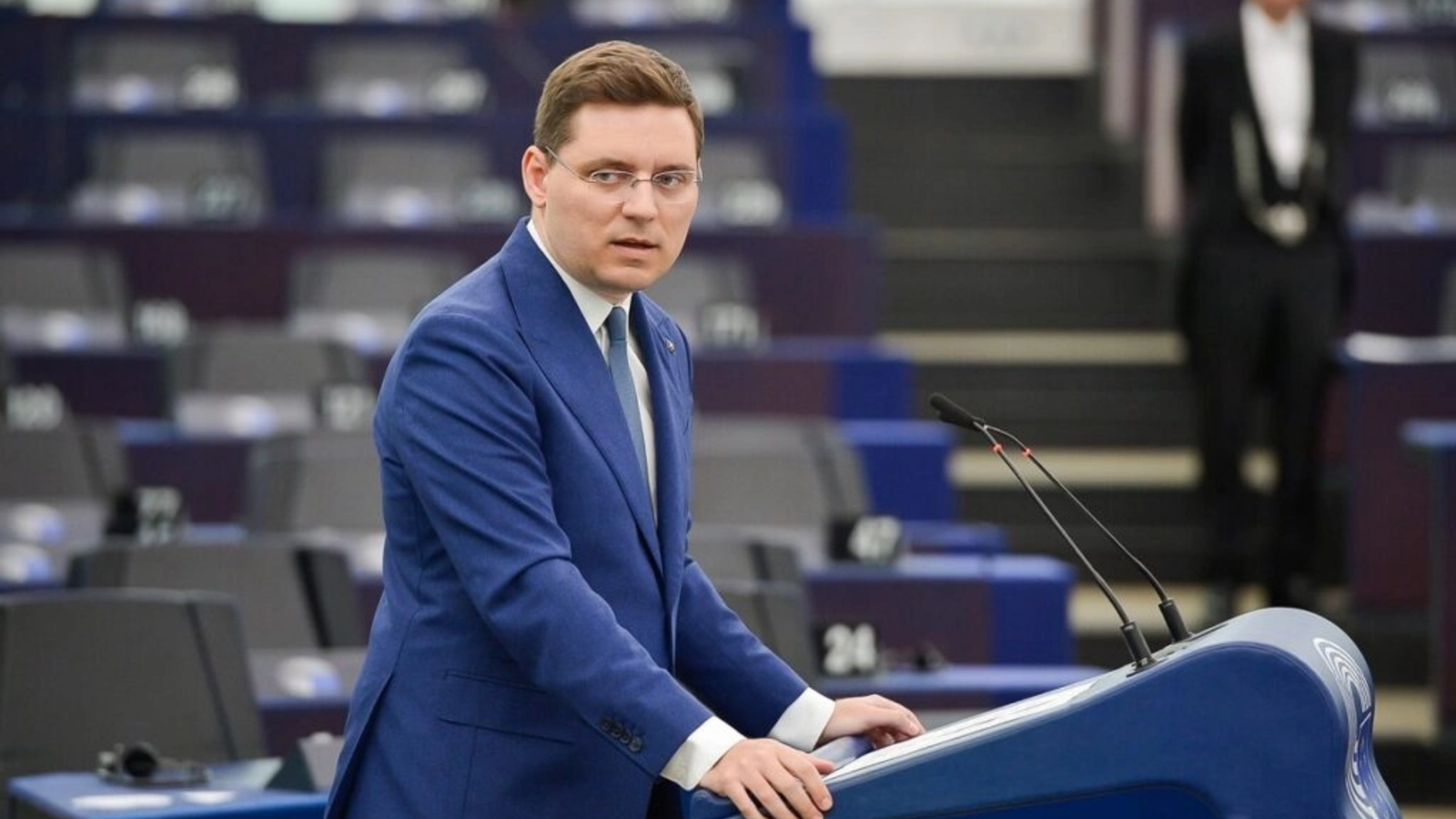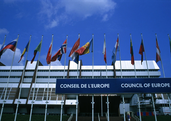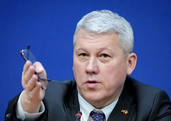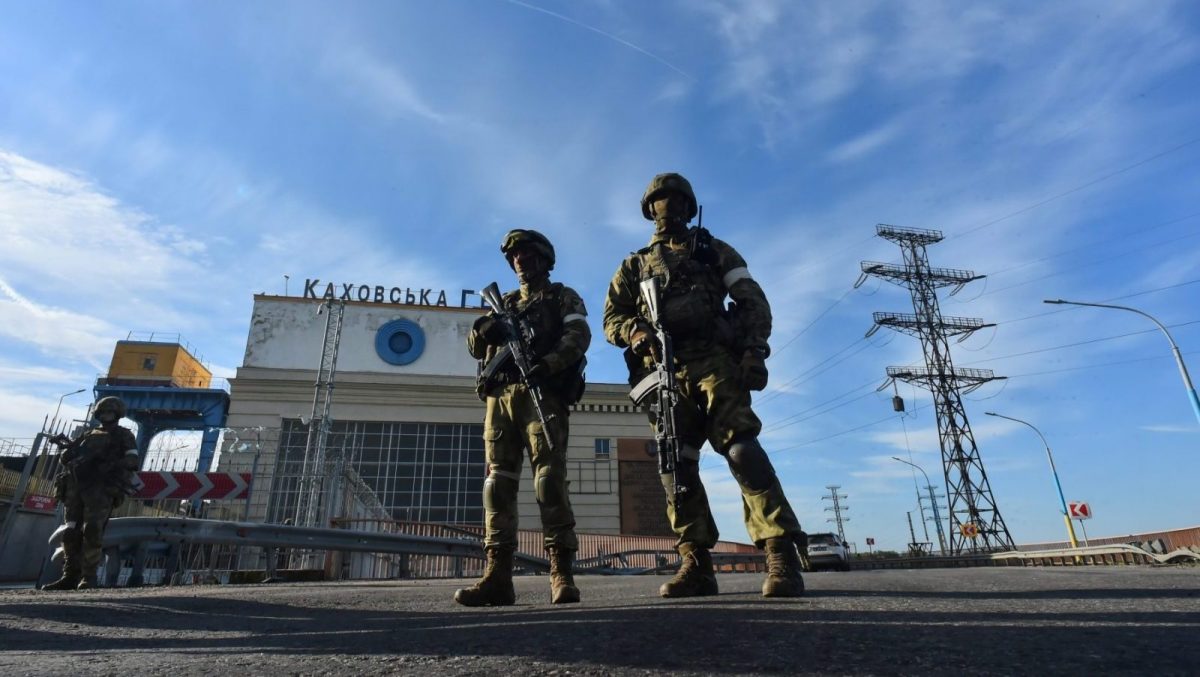Cybersecurity can no longer be seen as an isolated topic to be dealt with only by experts, especially given that 40% of cyberattacks in Europe target public institutions, and around 60% involve critical infrastructure, Vice-President of the European Parliament Victor Negrescu told the Bucharest Cybersecurity Conference (BCC2025) on Monday.
"Indeed, it is important that we are here in Bucharest discussing European cybersecurity. Today, cybersecurity is directly linked to the resilience of our societies and, of course, to the resilience of all democracies. We saw this during the recent elections in the Republic of Moldova. We saw it during elections in Romania. Cybersecurity can no longer be viewed as an isolated topic to be handled solely by experts. Today, we must integrate cybersecurity at all levels and across all policies, and if we succeed in doing so, we will realise that cybersecurity needs are present throughout the system, especially when it comes to critical infrastructure. I have analysed some figures presented by the European Union Agency for Cybersecurity, and I noticed that, for example, 40% of cyberattacks in Europe target public institutions. Additionally, around 60% of attacks are related to critical infrastructure. Therefore, we must rethink how we perceive cybersecurity and, of course, how we implement digitalisation and other tools and projects, integrating cybersecurity across the board. This is not an easy task," Negrescu said.
According to the official, Europe needs a new cybersecurity framework, one that rethinks how digitalisation and digital transformation are implemented, while also ensuring that proper cybersecurity mechanisms are in place.
"As such, we need to do several things. First, we must ensure that the European cybersecurity ecosystem is effective and functional. We have the European Cybersecurity Competence Centre, which should fulfil this role. We need to make sure that this Competence Centre continues to operate beyond 2028, within the next Multiannual Financial Framework. Second, we must invest in training people. This is not just about training cybersecurity experts, it is also about making sure that those who work with digital tools and data are properly trained in cybersecurity. Third, we need to create companies and foster innovation in this area, because hackers are constantly innovating. Likewise, the countries that interfere in our societies are adapting and making use of Artificial Intelligence. To counter these challenges, we need to innovate constantly, stay ahead of the curve, and do more in this area. Artificial Intelligence will undoubtedly change many things, and we must be prepared," the Vice-President of the European Parliament underscored.
He also pointed out that a good cybersecurity plan requires a generous budget.
" (...) We must explain why all of this matters, why data matters, why information matters, why our critical infrastructure is important and why our data systems are essential. Of course, the European budget cannot address all the challenges we face simultaneously at the level of the European Union. Therefore, we must consider what we can do. And certainly, I believe the level at which Europe can intervene is by ensuring that we succeed in working together. Through the European Cybersecurity Competence Centre, we have around one billion euros allocated for cybersecurity. Additionally, there are several hundred million euros in the Digital Europe Programme, as well as some funding available through the Rising Europe Programme," said Victor Negrescu.
In the MEP's view, cybersecurity should be integrated into cohesion policy, "especially since substantial investments are being made in digital infrastructure through cohesion funds, but we never consider cybersecurity." He stressed that he has not seen any document published by the Romanian authorities that explains the cybersecurity standards required for these types of investments.
The European official also showed that Romania can play a key role in the negotiations regarding the Multiannual Financial Framework, specifically in the area of cybersecurity.
'The majority of funds for cybersecurity will be included in the Competitiveness Fund. It is not yet clear what the exact amount will be, and the European cybersecurity community must indicate the direction, what should be funded and how much funding should be made available to ensure the development of this ecosystem. The debate has already begun, and it is currently taking place both in the European Parliament and at the level of the European Council. The European Commission should also come forward with more comprehensive regulation concerning the Competitiveness Fund, and in this context, lobbying in Brussels is essential. I believe that Romania, as a country proud to be a leader in the area, should help shape this direction. Looking briefly at Romania's current priorities in the Multiannual Financial Framework negotiations, you won't be surprised by what I am about to say: cybersecurity is mentioned, but not clearly enough. So, you will also need to do a bit of lobbying in Bucharest, to ensure that Romania pushes for more resources for the cybersecurity community,' Victor Negrescu said.
The National Cyber Security Directorate (DNSC), with the support of the National Coordination Centre of Romania (NCC-RO) and the National Association for Information Systems Security (ANSSI), is organising the 2025 edition of the Bucharest Cybersecurity Conference (BCC2025), taking place between 6 and 9 October.
































Comentează